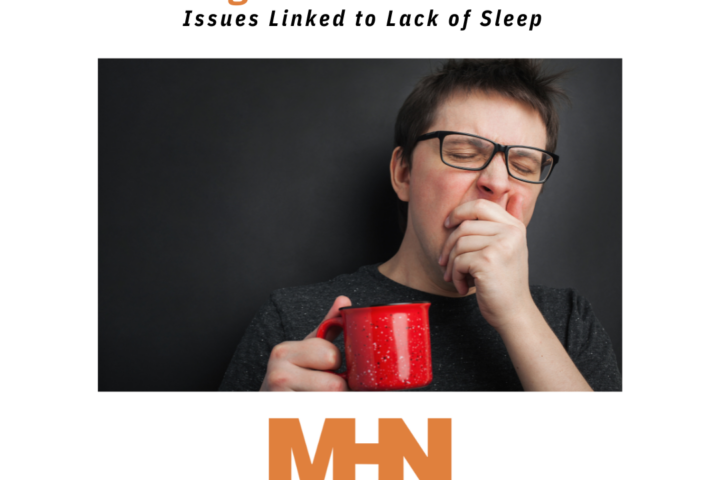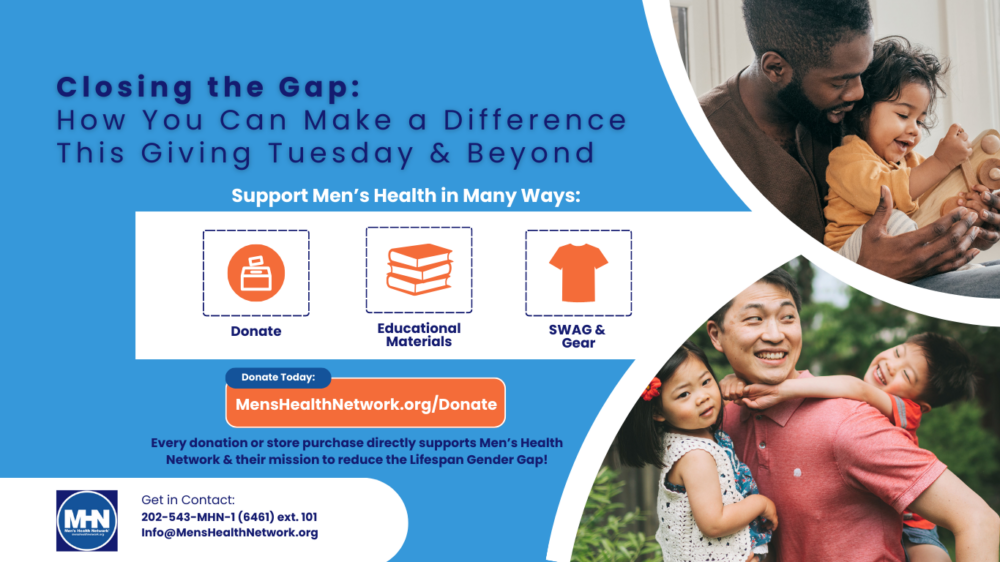Everyone knows that eating lots of eggs increases your risk for heart disease and stroke. Well, it turns out that everyone may be wrong. A recent study set out to investigate whether  eggs are as bad as popular mythology holds they are, and if they are, to see exactly how eggs affect stroke- and heart-attack risk.
eggs are as bad as popular mythology holds they are, and if they are, to see exactly how eggs affect stroke- and heart-attack risk.
The results sound like they were financed by the egg lobby (no, they weren’t). The first finding was that there isn’t a direct correlation between eggs and cardiovascular risks. In other words, doubling your egg intake doesn’t double your risk of having a cardiovascular event.
For most people, “Higher intake of eggs (up to one egg per day) was not associated with risk of coronary heart disease or stroke.” But the researchers did caution that “among diabetic participants, higher egg consumption was associated with a significantly elevated risk of coronary heart disease.” On the other hand, there was one surprising development: “People with higher egg consumption had a 25% lower risk of developing hemorrhagic stroke.”
As always, before you rush out and buy your own hens or make major changes to your diet, check with your medical provider—especially if you are diabetic, pre-diabetic, or are considered at high risk for developing the disease.



